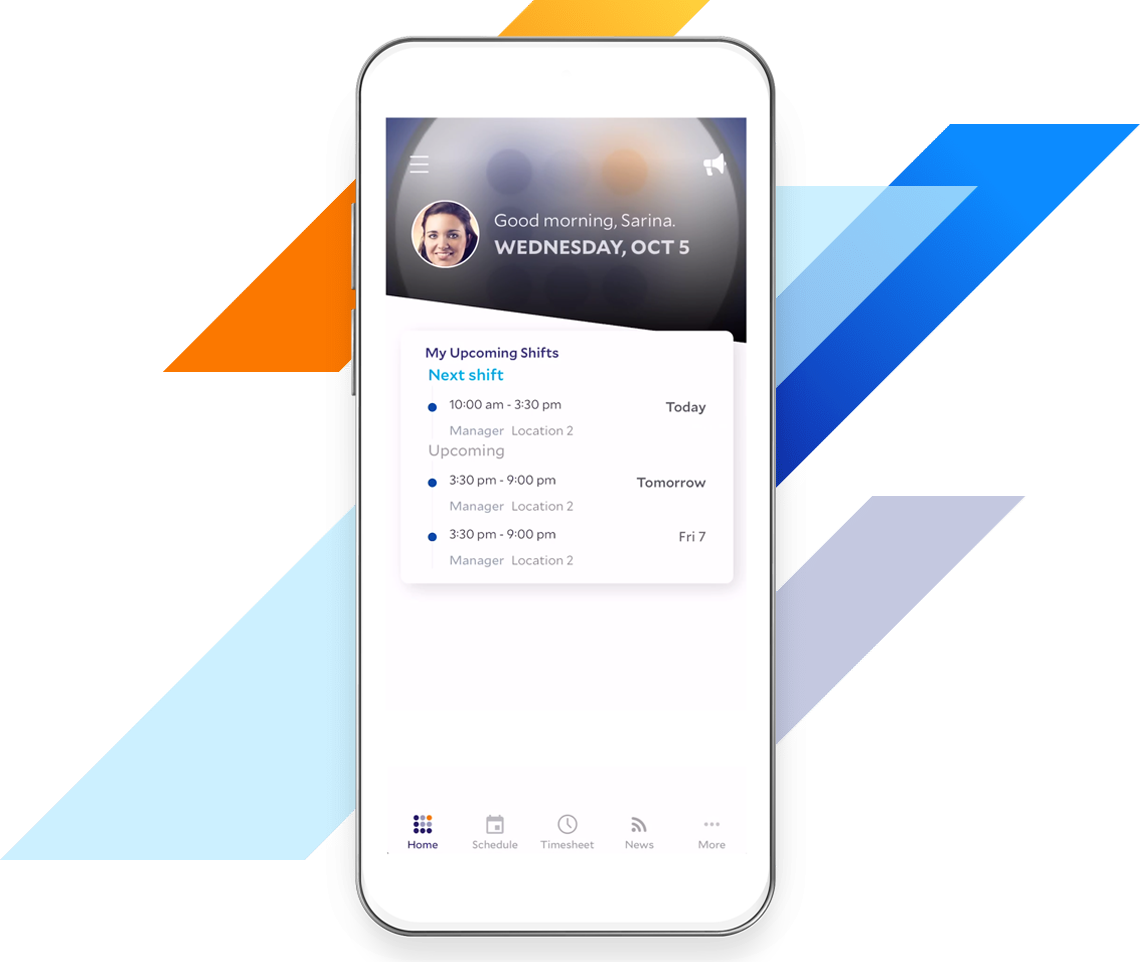Retailers’ New Superpower – AI-Based Scheduling Powers Employee Engagement
December 16, 2020
by Kristin Brennan

Did you miss our recent webcast with Al McClain, our RetailWire host? Sanish Mondkar, our CEO, was joined by Traci Rubin, Director of Human Resources (North America), and Shelley E. Kohan, Associate Professor, Fashion Institute of Technology. They discussed how the world has changed for retailers due to the impact of COVID-19, why AI-based scheduling is a new superpower that helps companies, such as SMCP, overcome these challenges and maximize labor efficiency while increasing employee engagement.
Retailers’ Immense Challenges in 2020
Sanish provided an overview of Legion’s WFM platform and highlighted the importance of investing in AI-based technology to handle all of the operational challenges, including managing a tight labor budget, compliance requirements, and employee expectations, all while delivering a great customer experience. And then add the challenges caused by the global pandemic, including high impact on store operations, acceleration of new channels like curbside pickup, and the need for quicker decisions and agility in the business.
Even with the anticipated recovery in 2021, many of these operational goals won’t go away, such as how to best serve the internet generation workforce and put tighter cost controls in place. These challenges have also exposed the lack of technology investment, especially in store operations and employee engagement.
Sanish and Traci talked about how Legion WFM enables managers to take advantage of the rich data available to make automated, data-driven decisions consistently. Legion WFM platform uses cutting-edge technologies, including AI, to synthesize all this data and make automated decisions for end-to-end labor operations.
AI Is a Relationship Manager
Traci described how difficult it was to manage scheduling, compliance, and communicating with employees before choosing Legion WFM. “Scheduling is the foundation of everything we do in retail. It’s efficiency, productivity, and it drives employee engagement,” she said.
With Legion WFM, AI removes all of the guesswork from scheduling. Traci reported that managers reduced the time they spend on schedule creation and maintenance by 50%, and manager productivity increased by 22% with more time for selling and training. Plus, Legion WFM has led to better employee preference matching when creating schedules, so there are fewer missed or late shifts and higher retention. 100% of employees use the optional mobile app to view their schedules, swap shifts, and request time off. These features have been critical in managing COVID-related absences and enabled the company to avoid closing stores, which would have impacted revenue.
“It would have been extremely difficult for us to manage COVID-19 without Legion WFM,” Traci said.
Panel Discussion
The panelists – Sanish, Traci, and Shelley – discussed the following questions. Watch the webcast to hear their comments.
- Pandemic Lessons: The COVID-19 crisis has tested the resolve and ingenuity of retail HR execs like nothing in our lifetimes. What has this trial-by-fire taught us so far about labor management, and how, in particular, is AI helping with the learning curve?
- The Road to Equality: Retailing has taken a leadership position among industries in addressing issues of racism, gender inequality, and other systemic HR problems. Do you believe AI-based solutions will ease the way toward more equitable work environments? If so, how do we ensure that tools are used to their greatest advantage?
- Swap Shift Culture: AI-based scheduling apps can give mobile-savvy employees a lot more control. For some “old school” retail managers, that might seem like heresy. Is there such a thing as too much scheduling flexibility? Can you offer advice on the best use of the technology and safeguarding against improper use?
If you’d like to see how your company can use Legion WFM to achieve these results, please request a demo. We’ll get in touch to set it up.
